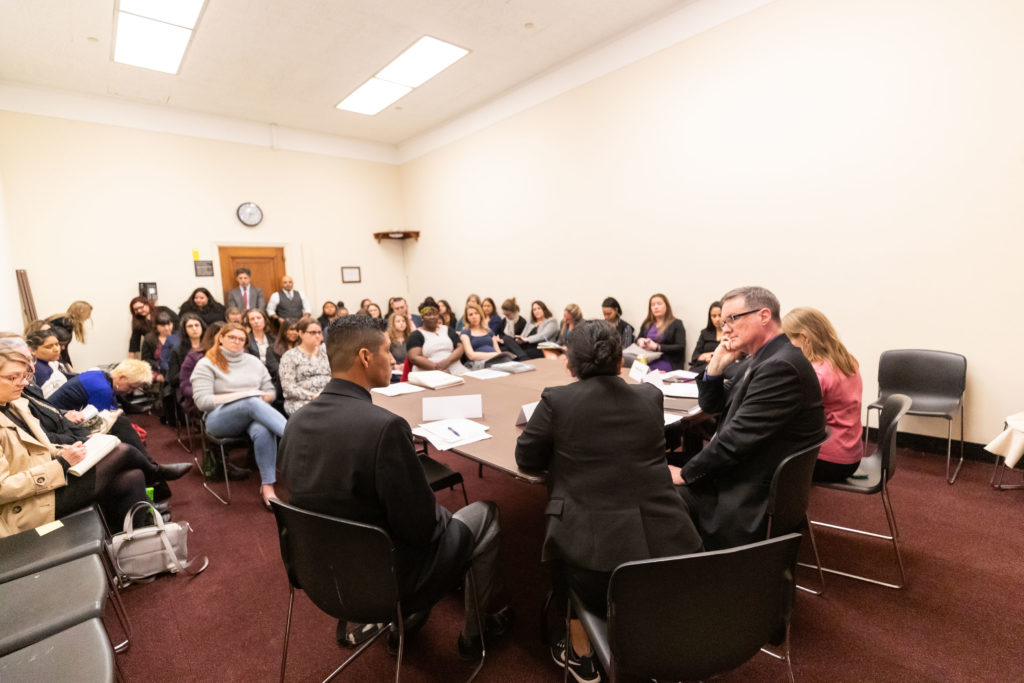From Legislation to Implementation
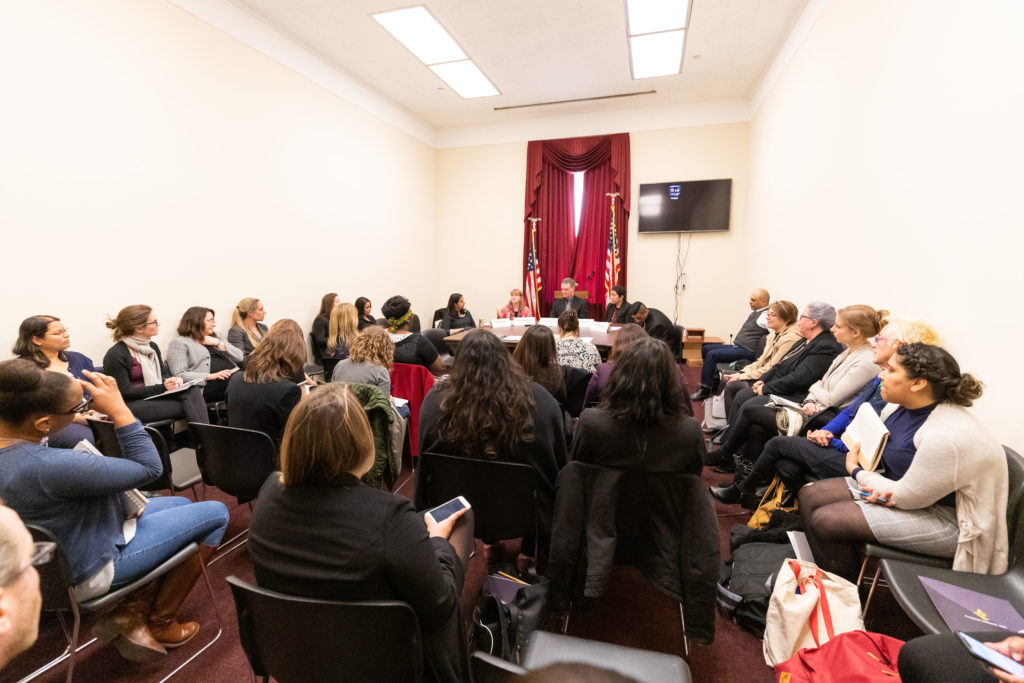
Now that Congress has reauthorized the Trafficking Victims Protection Act (TVPA) and a package of related bills, the advocacy landscape on Capitol Hill is shifting from approving legislation to ensuring America’s anti-trafficking programs are fully funded and implemented.
That was a key takeaway from last week’s briefing for House staffers. ATEST, the Freedom Network USA and the International Labor Recruitment Working Group (ILRG), teamed up to present our perspectives on the drivers of human trafficking today, the key provisions of America’s laws to confront it, and new oversight and legislative initiatives in the 116th Congress.
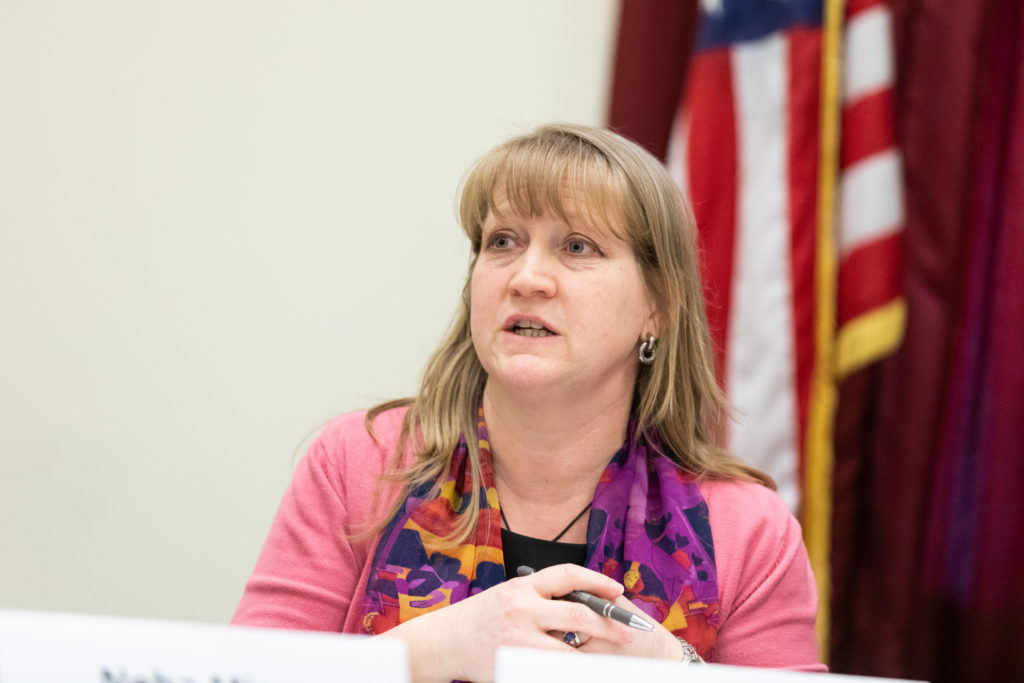
Freedom Network USA Executive Director Jean Bruggeman began the session by noting that trafficking today in the U.S. is most frequently found in industries with a “legacy of racism and slavery,” such as agriculture and domestic work. She discussed systemic vulnerabilities that must be met with “broad, strong” implementation of the law. “The U.S. has set the standard” globally, she noted, but needs to ensure current anti-trafficking programs are protected amid budget-cutting proposals.
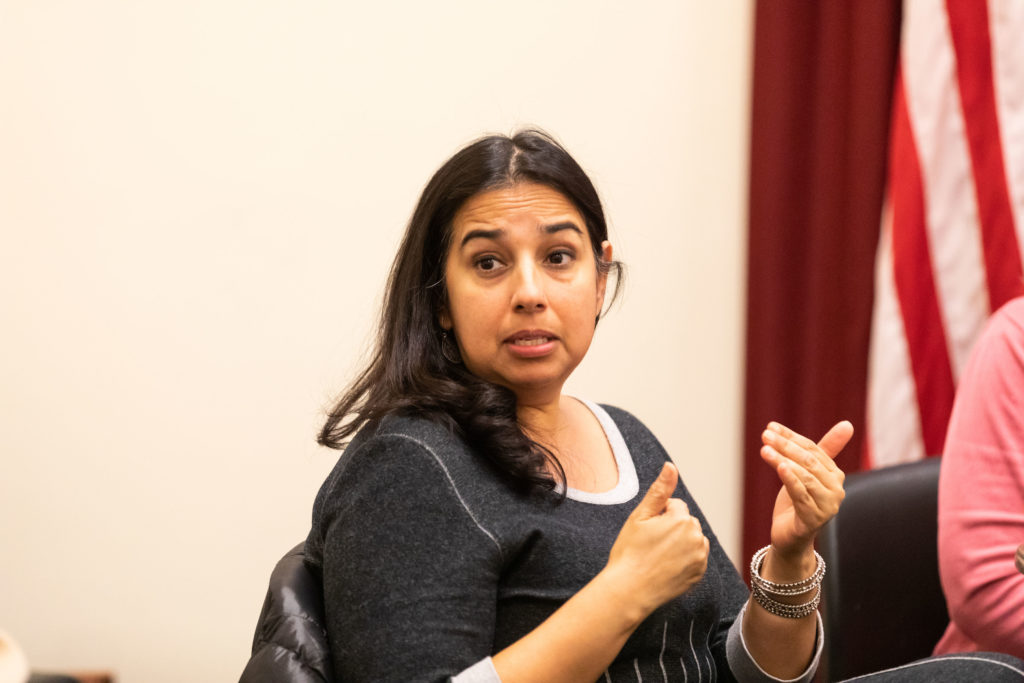
ATEST representative Neha Misra of the Solidarity Center noted how strategic coordination is vital. “We cannot just look at prosecution and protection of victims,” she said, “there has to be a whole-of-government approach.” She noted that recent provisions strengthen the (TVPA) to ensure that America’s annual Trafficking in Persons Report benchmarks countries based on actual anti-trafficking results. “It’s not just enough to have a law,” she said, “but how that law is being enforced.”
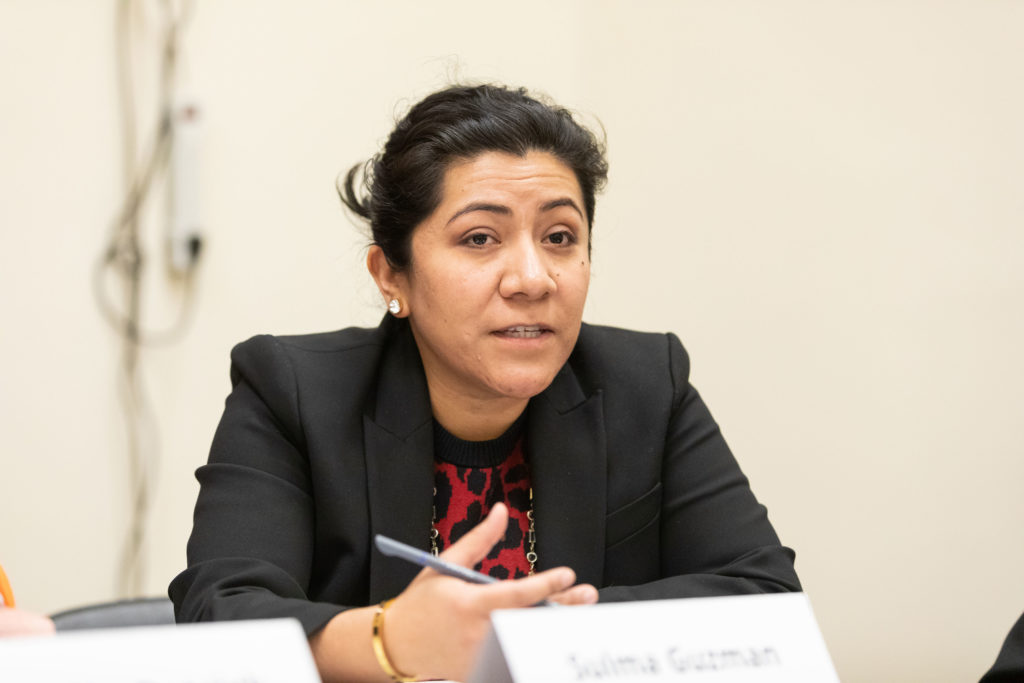
ILRG Chair Sulma Guzman, the policy director of Centro de los Derechos del Migrante, focused on the recruitment and mistreatment of foreign laborers into the U.S. “It is a one-sided working relationship where the employer and recruiter have the upper hand,” she noted. “Guest workers are some of the most vulnerable, bad recruiters will charge them exorbitant fees – forcing laborers to borrow money and become bound by debt – and they lie about visa and working agreements.” Guzman urged the need to pass agricultural worker protection measures during this Congressional term.
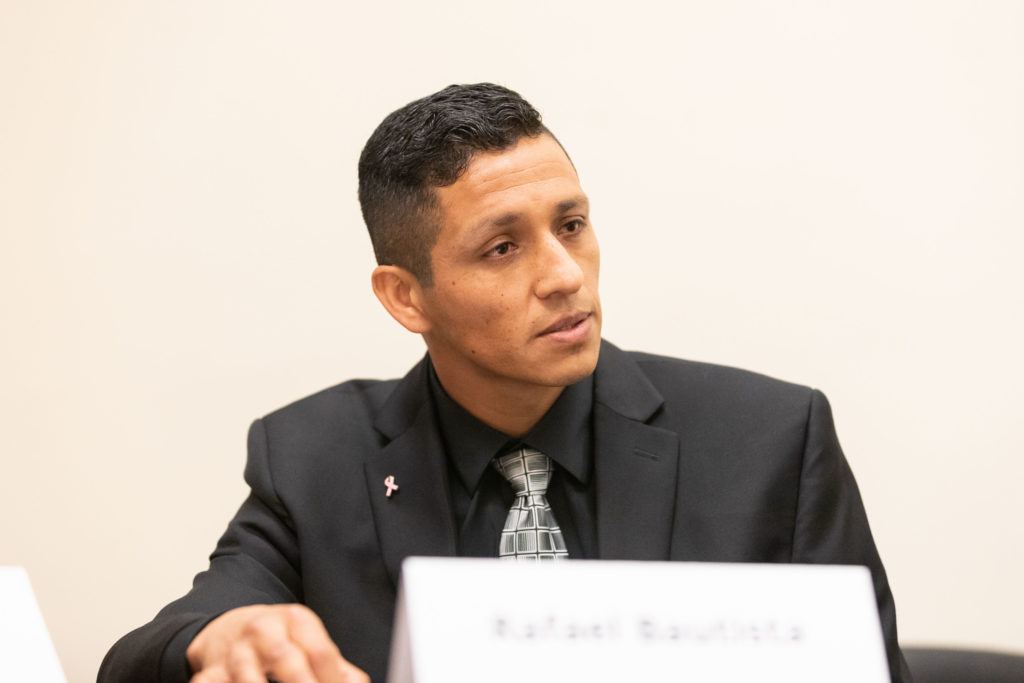
Rafael Bautista of the Freedom Network USA and the National Survivor Network shared his firsthand experience as a trafficked person in the U.S. “Anybody can be a victim,” he said, recounting that “human trafficking was so negative and so dark.” He noted that government programs to assist victims and survivors need to look forward, and not only backward. “It’s not just about my story,” he said, “it’s about what I need to continue with the rest of my life.”
The speakers stressed the importance of sustaining funding for programs despite proposed cuts by the Trump administration. As well, speakers noted the administration is denying visa protection for trafficking survivors at an alarming rate, an area for Congress to exercise oversight.
ATEST, Freedom Network USA and ILRG thank Reps. Chris Smith (R-NJ) and Carolyn Maloney (D-NY), chairs of the Congressional Human Trafficking Caucus, for helping to make the briefing possible.
Photos courtesy: Tyler Mahal Photography
